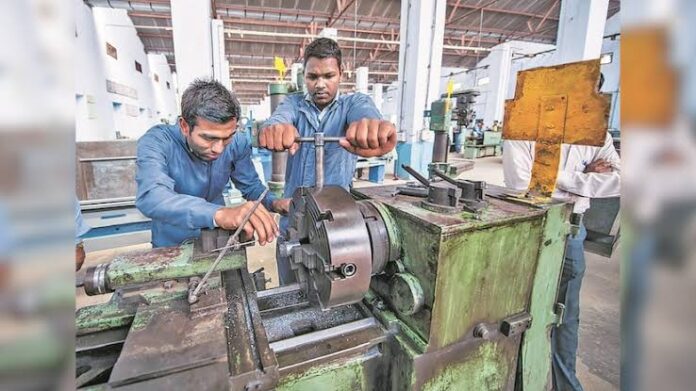New Delhi [India], March 29: Supreme Court Bar Association President and Rajya Sabha MP Kapil Sibal addressed the special plenary session of the Union Internationale des Avocats (UIA) on Saturday, emphasizing the urgent need for large-scale skill development, economic reforms, and infrastructure improvements to enhance India’s manufacturing sector.
Sibal highlighted the critical challenge of skilling India’s youth, stating, “We, in India, need to skill our youth, and that is the challenge we have. Unless we skill about 500 million people, we will not be able to take full advantage of the great opportunity before us.”
Reflecting on India’s skill development program, Sibal noted, “When I was minister, I started the program and took it forward. However, the program has not reached the expected levels, so more effort is needed.”
He also discussed financial and logistical inefficiencies that hinder manufacturing growth. “The cost of capital is very high in India compared to other countries, affecting product pricing. We need to improve logistics to reduce export costs. While we are building a national manufacturing pipeline, progress has been slow,” he said.
Sibal emphasized the importance of removing barriers to industrial growth, stating, “It’s time to let industry and economic activity flourish. Impediments will prevent us from reaching our goals.”
He elaborated on the potential of India’s manufacturing sector, noting, “India’s economy is growing rapidly, but the manufacturing sector’s potential remains untapped due to structural inefficiencies and financial constraints. With targeted reforms, innovation, and improved global competitiveness, India can overcome these challenges and emerge as a global manufacturing powerhouse.”
Sibal also stressed that strengthening the manufacturing sector would create jobs and elevate India’s strategic and economic position. “The time to act is now. With a clear vision and constructive reforms, India can realize its ambition of becoming a manufacturing hub,” he added.
Urging the country to move beyond just assembly, Sibal concluded, “Let us build an India that doesn’t just assemble, but designs, innovates, and leads. Together, we can create a future where ‘Made in India’ is synonymous with quality, resilience, and sustainability.”


